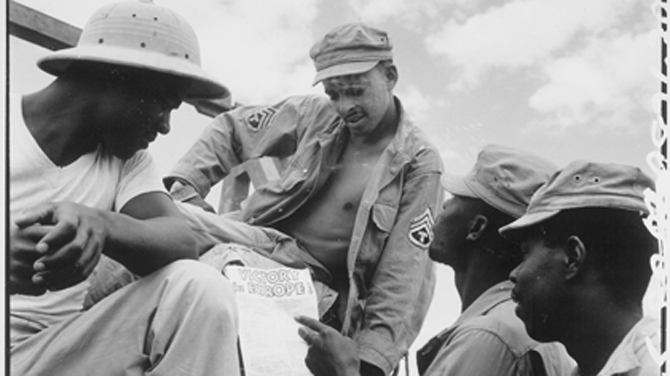American WWII Veterans Retain Kachin Ties

But he regretted that "this spirit only applies to the old generation of Americans" while the United States appears to have forgotten the once strong ties at a time when the Kachin are embroiled in another conflict.
The US is pressuring Burma to resolve its ethnic wars, but the Kachin hope for even greater diplomatic support and humanitarian aid. Some of the U.S. veterans agree, recalling the friendships and mutual trust.
“I was accepted fully by the Kachins and I respected their life, their ethics, their innocence, which was not much different from mine,” says Spector, a delivery boy in New York City with only limited schooling before he enlisted.
After the war he moved to Rome, Georgia, and became a lawyer, businessman and university professor.
He was among those who returned in 1995. During an emotional reunion Lutken spoke to a group of young Kachin women in their language, mentioning the name by which he was known during the war: Ka'Ang Zau Lai, or “He who went through it from beginning to end.”
“The girls all knew it. Pete had become a part of the living history of the Kachin people. The girls started to cry at meeting this old warrior and hero of the Kachin,” says Barry Broman, a retired U.S. diplomat who hosted a party for the group in Rangoon, then the capital of Burma.
The wartime exploits of the Americans and Kachin, some of whom went on to join the rebels, have not been celebrated by Burma. The government is dominated by the majority ethnic group, the Burmans, many of whom initially sided with the Japanese.
“Burmese historians only write one or two lines about the contribution of the hill people in the liberation from Japan. That's all. This is a great tragedy,” says Rev. Maran Ja Gun, a Christian pastor, historian and adviser to the Kachin Independence Organization.
There is a monument—an American and Kachin soldier standing side-by-side, garlanded weekly with fresh flowers—but it's on the grounds of the U.S. Embassy in Rangoon. Authorities didn't give permission for one in Myitkyina, the Kachin state capital, although the Japanese were allowed to erect a war memorial.
For the American veterans, what matters are the schools and other aid projects, Tarter says: “These are their monuments.”
« previous 1 | 2 |
|
||
|
||
- 'My Wife Died From Police Abuse,' Says Husband
- US Says Observer Conditions Don't Meet Int'l Standards
- 159 Observers to Monitor Burma Election
- Govt to Address Breaches of SSA-South Ceasefire: Aung Min
- Burma Investors Pin Hopes on Seminal Sunday
- Malaysia PM Leads 50-Strong Delegation to Burma
- US Congress to Assess Burma's Political Prisoner Issue
- Rangoon Woman in Police Station Death Plunge
- Burmese Legal System Remains Tool of Govt: AHRC
- Burmese Army Chief Defends Political Role
